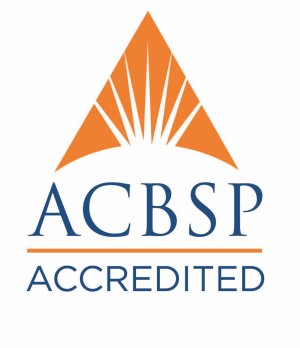Program Costs & Financial Aid
See costs of tuition, books, and supplies.This program is fully eligible for financial aid.
Estimates based on in-state residency. Learn more about tuition and fees.
Explore Locations
Follow Your Path
Some credits from the following technical diploma(s) apply toward this associate degree:
Video Production, 317013
Delivery
How do I get started in this program?
Requirements for Program Entry
- Apply at www.nwtc.edu/apply
- Submit high school, GED, or HSED transcripts and college transcripts (if applicable) to transcripts@nwtc.edu
- Tip! Our admission advisors will assist you through every step. Have questions? Connect with NWTC Admissions at start@nwtc.edu or 920-498-5444.
What are my courses?
Curriculum
Students following the study plan below will complete the Digital Media Technology associate degree in the number of semesters shown. Learners are encouraged to meet with an NWTC Academic Advisor to create a program plan.
First Semester
8 Week 1
8 Week 2
Second Semester
8 Week 1
8 Week 2
Third Semester
8 Week 1
8 Week 2
Fourth Semester
8 Week 1
8 Week 2
Full Semester
Social Science Course Options (the Recommended Program Course is Identified with an *):
- Curriculum Note: Students must earn a “C” or higher in 10-890-101, College 101.
- Students must earn a grade of "C" or better in most general education courses in order to progress.
Program Outcomes
- Apply the principles of design and storytelling to develop media products and services.
- Demonstrate proficiency in the use of media software, tools and technology.
- Implement creative solutions from concept through completion.
- Communicate creative rationale in formal and informal settings.
- Implement project management skills to meet customer and market demands.
What careers are in my future?
Graduate Employment
with 63% in field
Median Starting Salary
Source: NWTC Graduate Outcome Survey
Employment Potential
Program graduates may work in this evolving Digital Media Technology field, and will be needed by the media industry, as designers, developers, and technicians. For example, they will be hired or contracted as media creators and designers for video, interactive media, websites, and some will be New Media entrepreneurs expanding applications for the media arts in the 21st century.
- A graduate of this program will have the potential for employment in the following areas:
- Digital Media Operator: develops multi-functional digital content for commercial, educational, and entertainment establishments. Researches and analyzes digital media utilization and functionality. Reviews digital media trends and effectiveness in marketing, advertising, training, creative services, and communications fields.
- Motion Graphic Artist: performs detailed graphic compositing for broadcast, web, DVDs and mobile devices. Coordinates production of static and motion visuals and presentations for business, training, recreational and other applications.
- Video Editor: assists post-production department by performing asset management and non-linear video editing duties. Performs script-based synchronization of audio, video, special effects, titles and graphics.
- Multimedia Production Assistant: assists in production, from concept through postproduction, of digital media client-based projects. Operational workflow duties include assisting with concept planning, storyboarding, scriptwriting, production, editing, and delivery.
- Freelance Digital Media Producer: initiates entrepreneurial work with self-established client base. Acts as a full-service digital media content creator and consultant. Provides customer with promotional, training, communication and other content for internal and external delivery methods and mediums.
Employment opportunities with additional education
- Digital Media Operations Specialist
- Internet Broadcaster
- Sound Recordist/Editor
- Video Production Coordinator
- Videographer
- Video Department Manager
What's next after graduation?
Start here. Finish at a four-year.
What else do I need to know about the program?
Accreditation
Programs in the College of Business at Northeast Wisconsin Technical College are accredited by the Accreditation Council for Business Schools and Programs. ACBSP's accreditation process follows the Baldrige model. The accreditation focuses on recognizing teaching excellence, determining student learning outcomes, and a continuous improvement model. ACBSP’s student-centered teaching and learning approach, which is measured and analyzed for quality, ensures that students gain the right skills from their educational investment. Institutions with programs accredited by ACBSP are committed to continuous improvement that ensures their business program will give students the skills employers want.
ACBSP - World Headquarters
11520 West 119th Street
Overland Park, KS 66213
Phone: (913) 339-9356
www.acbsp.org
Study Abroad Opportunities
The International Programs staff continually seeks opportunities for students to travel abroad for educational experiences that may be offered in association with program courses.
